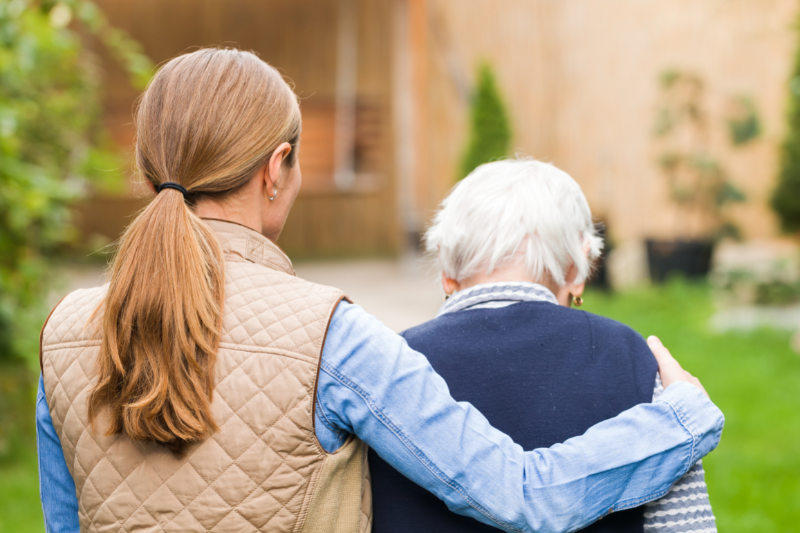As we approach an older age, we may start to question our place in the world.
As our lives shift, so do our roles and relationships.
We may go from employee to retiree, full-time parent to empty nester, or married to widowed.
These changes can leave us feeling aimless and alone. Who are we, and where do we belong?
No doubt, it’s an uncomfortable feeling.
Luckily, there’s hope beyond the uncertainty.
One surprising route to reconnection is through volunteering.
While it may seem counterproductive to focus on others during a time of self-doubt, helping people positively impacts our lives in many ways.
So, what are the benefits of volunteering for older adults?
Keep reading to find out.
Volunteering Helps Us Regain a Sense of Purpose
When we volunteer, we gain a sense of direction in our lives.
It provides structure and helps us cultivate a future-oriented mindset.
As volunteering is often goal specific, planning for the future is necessary for success.
Also, it allows us to pursue causes that are truly meaningful to us, which increases motivation.
When we positively impact the lives of others, we learn to view ourselves as capable, valuable community members.
Volunteering Helps Us Connect with Others
Social connection is one of the most important benefits of volunteering.
As social creatures, our overall health relies on relationships with others.
Without it, our risk of inflammation, a weakened immune system, and death rises.
In fact, social isolation and loneliness may cause death more than any other common cause.
Volunteering helps us meet new people and connect with them over a shared cause.
It also allows us to build a social network that we can rely on.
We social support, learn about community resources and discover new activity groups.
Volunteering Can Boost Happiness and Life Satisfaction
Aside from the boost in well-being that social connection provides, helping others causes a “warm glow.”
A warm glow is the feeling of long-lasting happiness after genuinely helping others.
In a study, participants who spent money on someone else for five days reported feeling happier than those who spent money on themselves.
It’s suggested that this effect may be caused by our evolutionary need for belonging.
This need is met when we’re viewed as reliable and helpful by our social groups.
Volunteering Allows Us to Learn New Skills and Share Existing Ones
When we volunteer, we may need to learn new skills.
Continuous learning helps us strengthen our thinking and memory.
This helps protect us against poor memory and reasoning abilities as we age.
On the other hand, volunteering can allow us to share knowledge with others.
If we have a certain skill (e.g., cooking, carpentry, etc.), we can teach others.
This helps us share the joy of our hobbies and contribute to a more capable community.
Volunteering May Increase Physical Health
People aged 50+ who volunteer regularly (200hr/yr.) may be less likely to have high blood pressure.
Volunteering can reduce stress and may also require physical activity. These things may explain why those who volunteer have lower blood pressure.
Healthy blood pressure is important for preventing heart disease, strokes, and early death.
In general, volunteering can lead to a longer life.
But research suggests this is only true if it’s done altruistically, not for selfish reasons.
Volunteering provides awesome benefits for our physical and mental health and community.
As we age, working for a cause we believe in gives us a sense of purpose and joy.
We can learn skills, meet people and make meaningful changes in others’ lives.
Want to join a virtual network of volunteers and make a positive change?
Click here to learn about Impact Connect, a platform that unites dedicated volunteers worldwide.
Sources:
https://www.health.harvard.edu/blog/volunteering-may-be-good-for-body-and-mind-201306266428
https://psycnet.apa.org/record/2011-17888-001
https://www.helpguide.org/articles/healthy-living/volunteering-and-its-surprising-benefits.htm
https://greatergood.berkeley.edu/article/item/how_volunteering_can_help_your_mental_health
https://academic.oup.com/psychsocgerontology/article/73/3/399/4638261

